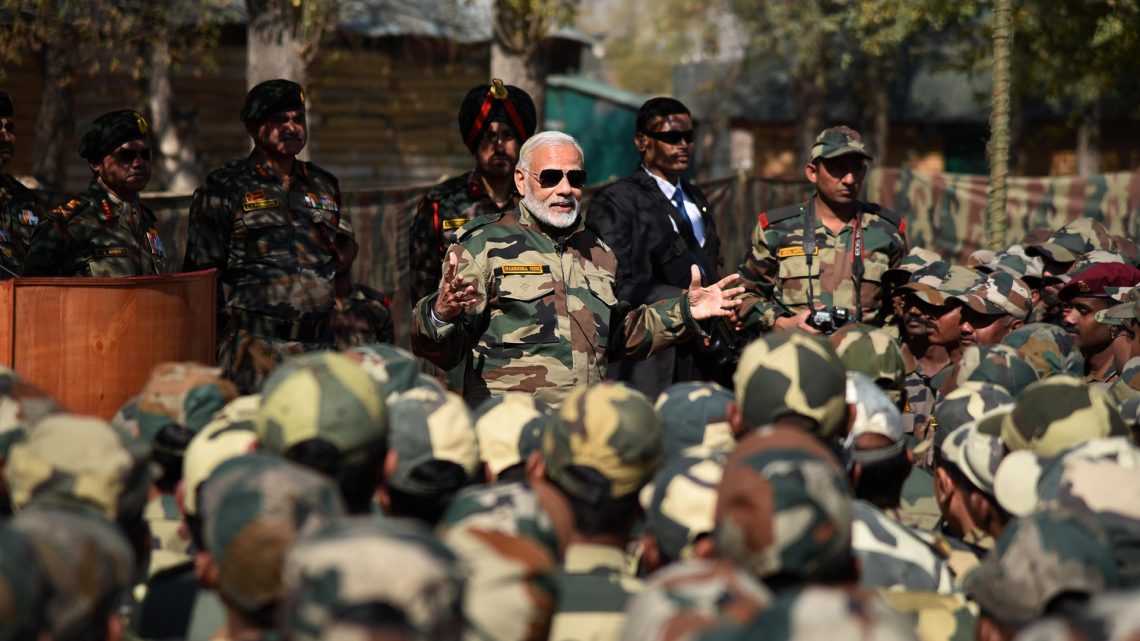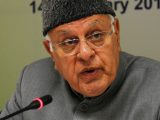
India Intensifies Military Control in IIOJK as Hindutva Groups Advocate for Ideological Expansion
June 13, 2024The Indian army and police have heavily militarized the region of Jammu and Kashmir, especially South Kashmir, in preparation for the annual Hindu Amarnath Yatra. This extensive deployment of forces has significantly disrupted daily life for the local population.
Reports indicate that the heavy presence of Indian forces, including army and paramilitary personnel, is causing major inconveniences. Troops are patrolling and conducting road checks, with army pickets established in key areas such as Islamabad, Kulgam, Ganderbal, and Srinagar. Vehicles are being thoroughly frisked, and travelers are subjected to rigorous identification checks.
The Indian government has sanctioned the deployment of additional paramilitary companies under the guise of protecting the yatra. Numerous bullet-proof police vehicles and bunkers have been strategically positioned throughout the region. The Indian army, along with forces like RR, CRPF, BSF, SOG, and SSB, have been equipped with advanced technology and high-tech gadgets to bolster security measures.
Observers are closely monitoring the situation as various Hindutva groups, including the RSS, BJP, VHP, Shiv Sena, and Bajrang Dal, are seen leveraging the yatra to propagate their ideology. These groups are perceived as attempting to alter the demographic and cultural fabric of Jammu and Kashmir, which is predominantly Muslim.
To further their agendas, these groups have introduced additional religious pilgrimages such as the Buddha Amarnath, Kauser Nag, and Sindhu Darshan Yatras. The intention behind these new yatras appears to be the promotion of their ideology and the gradual conversion of the region into a Hindu-dominated territory.
The local community, already under significant pressure, is apprehensive about these developments. The heightened security measures, coupled with the increasing influence of Hindutva groups, have intensified the sense of unease among the residents. The frequent checks and heavy militarization disrupt daily life and contribute to a pervasive atmosphere of tension and uncertainty.
This situation has broader implications for the region’s stability and communal harmony. The heavy-handed approach and visible presence of security forces may lead to further alienation and resentment among the local populace. The expansion of religious yatras under the influence of Hindutva ideology could exacerbate existing religious and cultural tensions.
The current situation in Indian-illegally occupied Jammu and Kashmir highlights the delicate balance between security measures and the rights of the local populace. The heavy militarization and the influence of Hindutva groups on religious pilgrimages pose significant challenges.

